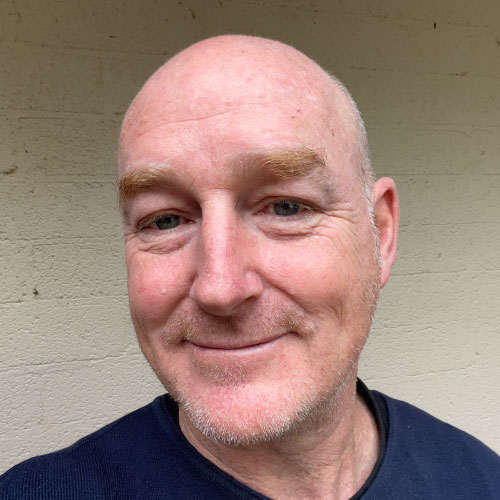
Dave Witney has been in the software development industry in Sydney since 1997 starting out in a friend’s study, playing quake on networked PCs in their down time. Beginning his agile journey some 17 years ago he has worked in many sectors from small startups to big multinationals, including online retail, banking and finance, insurance, cloud tech, and telecommunications industries using various approaches, there isn’t much he hasn’t seen or done, both good and not so good.
What Dave has found seems obvious, but often forgotten, that when we are able to work with others to create environments for productive and harmonious work, where aspects of belongingness, interdependence, purpose and nurturance as well as a hunger for learning exist the results have always been amazing. The reality is that sometimes these aspects or conditions do not exist or are seriously compromised, this for Dave has been the greatest indicator of success or failure of not just agile but of all sustainable, productive and purposeful outcomes both for the individuals doing the work, the customers and the company.
Dave is one of many coaches seeking to find what is beyond agile, to understand and puzzle out how to make work inspiring and impactful. In addition to his agile background Dave has looked at and applied learnings from Vertical Leadership, Adult development theory, positive psychology, Disruptive Design, and most recently has been focussed on Systems Thinking especially Open Systems Theory (OST).
Dave lives with his family on the Central Coast of NSW, also looking after 2 dog, 2 cats, 25 chickens and 2 horses, and is beginning to explore the world of growing his own greens.
OSTs 6 criteria of productive groups
These 6 intrinsic motivators are fundamental for the sustained success and productivity of any group. Taken from Open System Theory (OST), a cohesive set of principles and practices, steeped in over 50 years of application, experimentation and revision.
OST has the potential to rescue us from cookie cutter agility, get us back on the path to the agile founders aspirations, and strengthen our hopes of changing our organisations into the types of places that we would want to work, equipping organisations to be adaptive and have long lasting impactful and meaningful change, for our people, our customers, and our community or business outcomes.
You will leave this talk with a high level understanding of OST and a practical way of applying the 6 criteria of productive groups, helping you to create conditions at work with engaged, productive and purposeful people.
